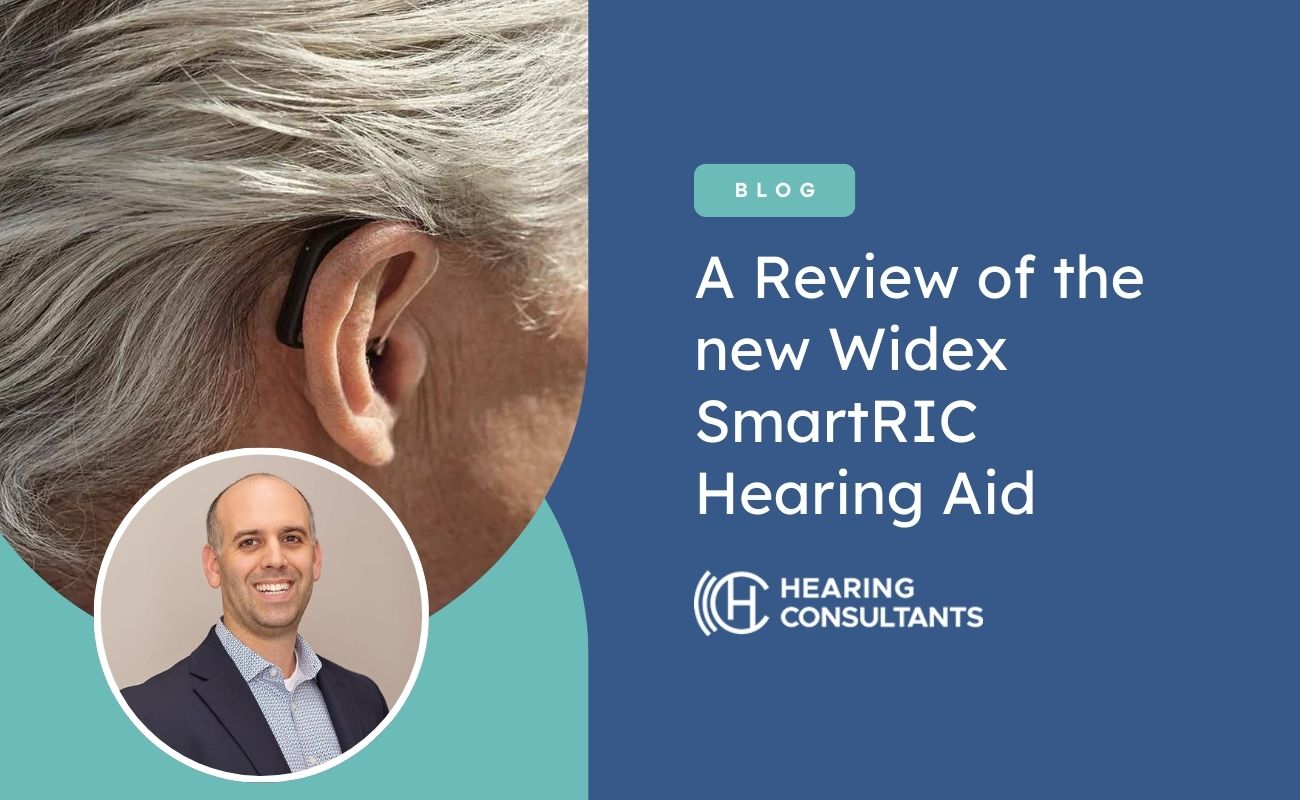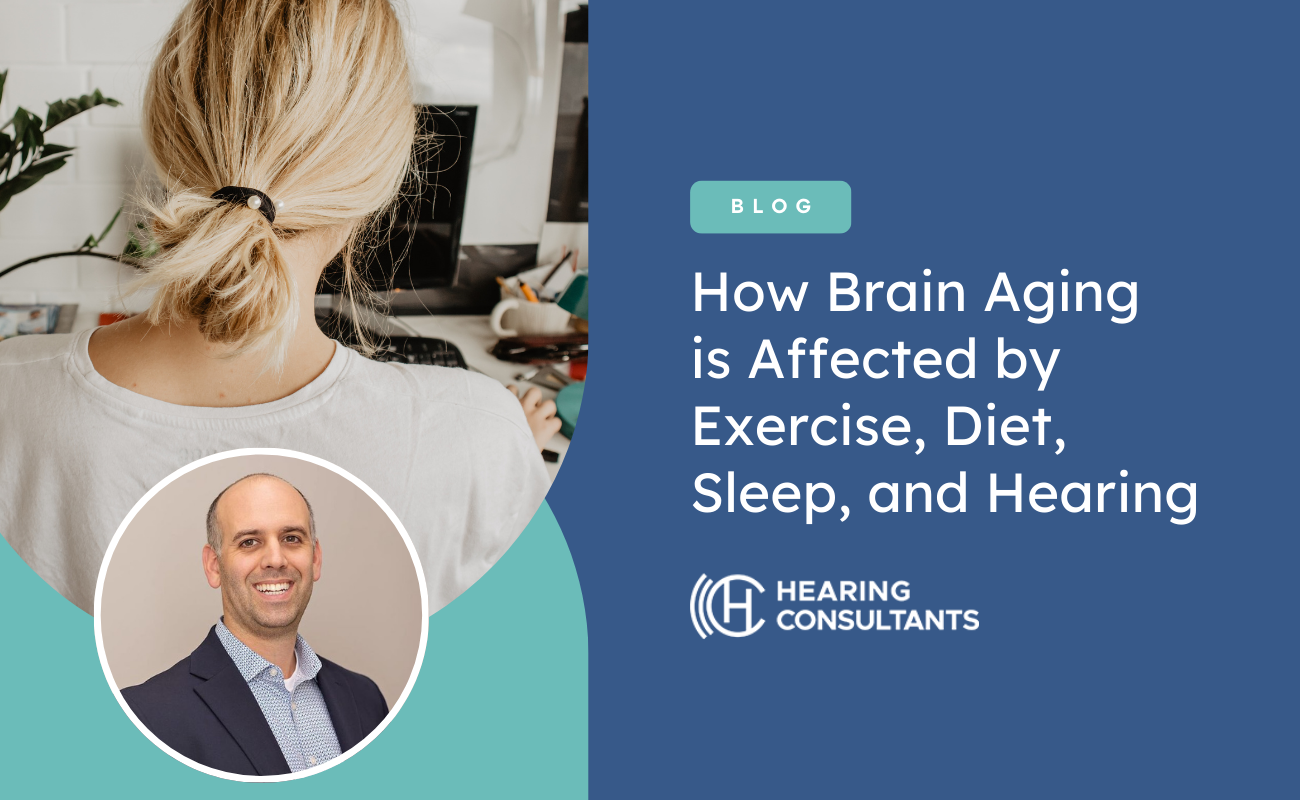Studies on Hearing Loss & Injuries
Football players have been in the media more than ever due to their high rates of Traumatic Brain Injuries, or TBI. Sometimes lasting for many years after their time as players and with much greater severity than previously believed, these players suffer the consequences of repeated impacts against their brains. Even beyond the world of sports players, head injuries can lead to concussions or worse, particularly when they are the result of repeated assaults on the head. A concussion results when the brain has a contusion, or bruise, resulting from jostling against the skull. Let’s take a moment to learn a little bit more about Traumatic Brain Injuries and how they relate to a condition that might surprise you: hearing loss.
Effects of Traumatic Brain Injuries
The effects of Traumatic Brain Injuries are as varied as their sources are. In some cases these effects are reversible and mild. In other cases they can lead to permanent damage with serious symptoms. The neurological effects of Traumatic Brain Injuries are the most recognizable, including motor problems, dizziness, and speech problems. Some people experience sexual dysfunction, while others find themselves with symptoms resembling epilepsy or hydrocephalus. The cognitive effects of a Traumatic Brain Injury range from mild confusion to the extreme cases of memory loss and dysphoria, sometimes linked to the inability to put together words into meaningful units of cognition. Some people with Traumatic Brain Injuries experience impaired judgment and trouble making logical decisions for themselves, as well. In addition to these neurological and cognitive problems, some people actually find that their personalities are affected, as well. Mood and energy levels can be affected, and some people experience depression or anxiety as a result of a Traumatic Brain Injury. In addition to limited coping skills, the frustration can build to a point of anger management issues, but some people with Traumatic Brain Injuries go in the other direction of malaise, apathy, and general fatigue.
Traumatic Brain Injuries and Hearing Loss
In addition to the effects listed above, Traumatic Brain Injuries can lead to sensory impairments, including hearing loss. Let’s consider the ways that hearing loss can be related to a Traumatic Brain Injury. In the most obvious cases, an injury may occur not only to the brain but to one or both ears at the same time. A blow to the head can cause damage to the ear canal, reducing hearing function at the anatomical level. However, the relation with hearing loss does not stop there. Others experience hearing loss from a Traumatic Brain Injury due to an impairment of the auditory nervous pathway. If the injury occurred in such a way to damage the connection between the ears and the meaning-making mind, then the link between sound and thought can be severed. In these cases, a person may be able to “hear” just fine but may have trouble understanding or making sense of the sounds they encounter. On a more basic level, the injurious event may also cause hearing loss at the same time. A car crash or explosion may cause a very loud sound that damages the ability to hear, including not only hearing loss but also tinnitus, or ringing in the ears. Other hearing effects of a Traumatic Brain Injury include aural fullness, spatial recognition problems, vertigo, or problems differentiating background noise from the sound of a speaker or point of focus.
The good news is that treatment is available for people with many of these resulting conditions from a Traumatic Brain Injury. The first step is to consult with a doctor and to seek appropriate testing for the conditions that have occurred. If you believe that a history of head trauma, a specific incident, or a possible concussion might have caused a Traumatic Brain Injury, do not delay to get treatment from a medical professional. The associated effects need to be addressed at the root cause, and a neurologist may be the right person to contact for proper assessment. However, the resulting conditions of hearing loss and sensory impairment may be treated by an audiologist or hearing health professional. Working in concert with your medical personnel, you can devise a treatment plan for hearing loss that addresses the entire network of symptoms you experience.
Get in touch with
Hearing Consultants
Contact our clinic to schedule an appointment today!







